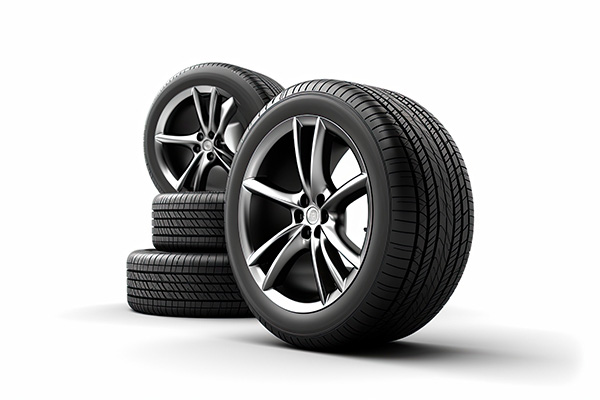
Are you thinking about upgrading your car's tires and wheels? Before you make the leap, consider a few key factors to ensure you're making the right decision. What are the most important things to remember before upsizing your tires and wheels?
1. Vehicle Compatibility
Before you start shopping for new tires and wheels, it's crucial to ensure they are compatible with your vehicle. Not all tires and wheels will fit every car, so be sure to check your vehicle's specifications, including bolt pattern, offset, and tire size requirements. Upsizing tires and wheels that are not compatible can lead to issues with performance, handling, and even safety.
2. Performance Considerations
Upsizing your tires and wheels can significantly impact your vehicle's performance. While larger wheels may give your car a more aggressive look, they can also affect handling and ride quality. Consider how upsizing will affect factors such as acceleration, braking distance, and cornering ability. Remember that larger wheels may require low-profile tires, which can be more prone to damage from potholes and road debris, and the ride comfort will be compromised.
3. Tire Size and Aspect Ratio
When upsizing tires, paying attention to both the tire size and aspect ratio is essential. Increasing the tire size without adjusting the aspect ratio can result in a taller sidewall, affecting handling and clearance. Maintaining the tire's overall diameter as close to stock as possible is important to ensure proper fitment and performance. Consulting with Neighborhood Tire Pros can help you select the right tire size and aspect ratio for your vehicle.
4. Suspension Modifications
Upsizing your tires and wheels may require modifications to your vehicle's suspension system to accommodate the larger size. This could include adjusting the suspension height, installing aftermarket suspension components, or upgrading to performance-oriented suspension systems. Failure to make necessary suspension modifications can lead to issues such as rubbing, bottoming out, or increased stress on suspension components.
5. Budget Considerations
Finally, before you commit to upsizing your tires and wheels, consider the financial implications. Larger tires and wheels often come with a higher price tag, not only for the initial purchase but also for ongoing maintenance and replacement costs. Keep in mind that upsizing may require other modifications, such as recalibrating the speedometer or upgrading the brakes, which can add to the overall expense.
6. The impact on Fuel-Efficiency
Upsizing tires and wheels can potentially impact fuel efficiency due to several factors. Larger and heavier wheels require more energy to rotate, which can increase rolling resistance and, consequently, fuel consumption. Upsizing may lead to changes in aerodynamics and overall vehicle weight distribution, further affecting fuel efficiency. The degree of impact varies depending on factors such as tire size, vehicle type, and driving conditions.
Experience the difference with Neighborhood Tire Pros. Stop by today to explore our wide selection of quality tires to ensure your vehicle is road-ready.